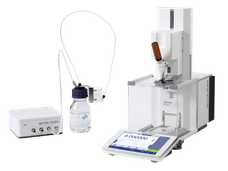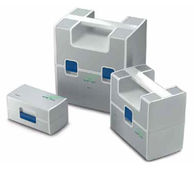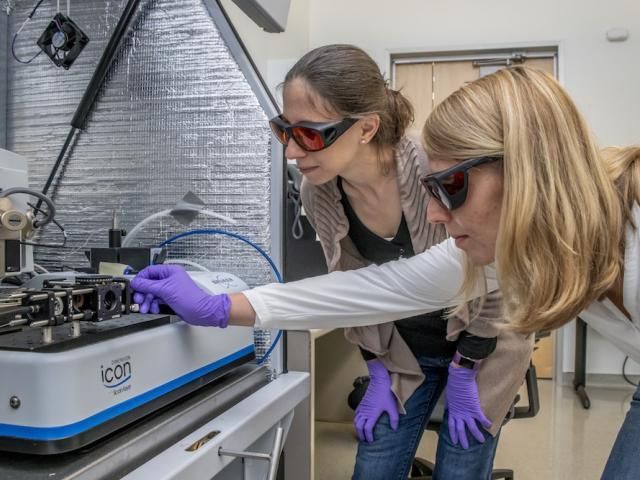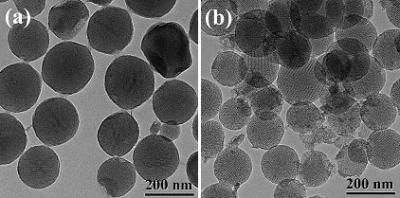Study uncovers redox response properties of largest-ever polymeric o-phenylenes
New findings by researchers at RIKEN and the Japan Science and Technology Agency (JST) have shed light on the remarkable electrochemical response properties of an elusive class of molecular helix structures, charting a new path in the design of molecular machines and devices.
Among the most ubiquitous structural motifs in nature, helices play an essential role in a wide range of biological processes. The capacity of certain helix structures to respond to external stimuli by changing shape, in particular, offers key insights in the design of functional molecular devices. As of yet, however, few such structures have been identified that respond to electrochemical inputs, one of the most important types of stimuli.
Now a class of helical structures has been found to do this, and more. o-Phenylenes are densely-packed chains of phenylene (C6H4) compounds linked together at their ortho positions by heavily-angled connections. Despite potentially rich conformational behavior, o-phenylenes are difficult to study and have been all but forgotten since their discovery more than 50 years ago.
In a paper in Nature Chemistry, the RIKEN/JST research group demonstrates a method for synthesizing polymeric o-phenylenes on scales never before observed, the largest reaching some 48 phenylene units. Problems of electrochemical instability which plagued earlier studies are solved by introducing a nitrogen group to the end of the o-phenylene chain, enabling first-ever exploration of o-phenylene oxidation-reduction response.
Experiments with the new o-phenylenes revealed intriguing results. In solution, the helices depart from their folded form to undergo rapid inversion between clockwise and anti-clockwise orientations, yet when they crystallize, they converge uniformly to only one orientation, in a rare process called chiral symmetry-breaking. Removal of a single electron, meanwhile, converts helices across the entire solution to a more compact form, slowing the inversion rate by a factor of more than 450.
Through its parallel to permanent and long-lasting memory, this unique form of conformational rigidity alterable by electrical inputs offers a completely new design concept for nanotechnology, opening new avenues for the design of molecular wires and other nano-scale devices.
Other news from the department science
These products might interest you

MS-Präzisionswaagen by Mettler-Toledo
Trusted Results at Your Fingertips
Capacity from 320 g to 12.2 kg, readability from 1 mg to 100 mg

Good Weighing Practice by Mettler-Toledo
Your Concrete Weighing Quality Assurance Plan
GWP Verification service

Precision balances by Ohaus
High-performance precision balances for everyday use in laboratories & industry
From milligram-accurate measurement of small samples to routine weighing in the kilogram range

Automatische XPR-Waagen by Mettler-Toledo
Production of standards, samples and concentrations - fast and reliable
Automate the weighing processes in your laboratory - ideal also for sample prep at chromatography

XPR Precision Balances by Mettler-Toledo
Fast and Accurate Precision Weighing Even in Difficult Conditions
XPR Precision Balances / Solutions to support you with data management, traceability and regulatory compliance

Carepacs by Mettler-Toledo
Professional CarePacs for smooth routine testing
Tweezers, gloves and other accessories for professional weight handling

Balances analytiques by Ohaus
Analytical balances with outstanding weighing performance, as easy to use as a smartphone
These space-saving analytical and semi-micro balances are surprisingly intuitive to use

Get the chemical industry in your inbox
By submitting this form you agree that LUMITOS AG will send you the newsletter(s) selected above by email. Your data will not be passed on to third parties. Your data will be stored and processed in accordance with our data protection regulations. LUMITOS may contact you by email for the purpose of advertising or market and opinion surveys. You can revoke your consent at any time without giving reasons to LUMITOS AG, Ernst-Augustin-Str. 2, 12489 Berlin, Germany or by e-mail at revoke@lumitos.com with effect for the future. In addition, each email contains a link to unsubscribe from the corresponding newsletter.
Most read news
More news from our other portals
Last viewed contents




























































